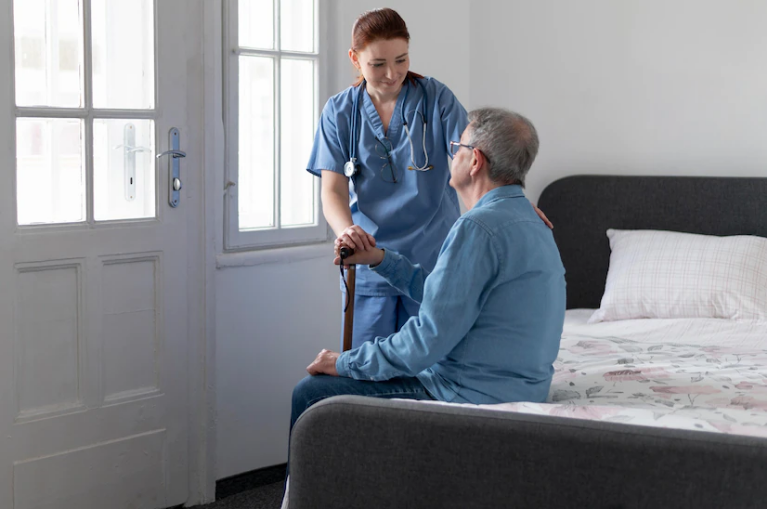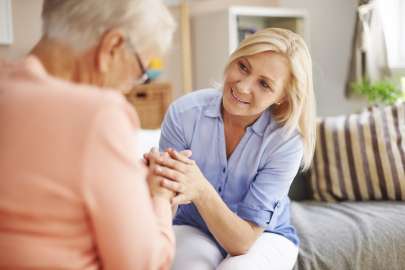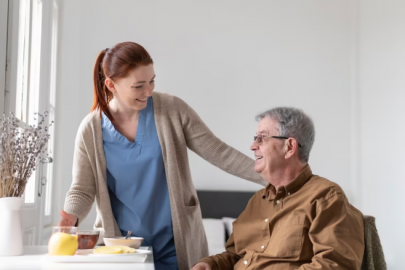The risk of falling increases with age and is a significant health and safety concern. Seniors are more prone to falling, which can result in fractures, sprains, or contusions that can be challenging to recover from. Here are some of the reasons that may increase the risk of falling among seniors as suggested by leading providers of senior home care services.
Most people are aware of some of the major fall risks, such as poor balance or mobility. Senior is more likely to fall if they have difficulty moving around or staying steady on their feet. However, those are not the only reasons that should be taken into account.
Medicines: It’s critical to comprehend any negative effects that could result from any prescriptions that seniors may be taking. Dizziness, sleepiness, poor balance, and other problems can occasionally be a result of these consequences. Seniors may not be aware of these side effects, which can have a significant impact on fall risk and catch them off guard. Hiring a companion caregiver can assist seniors prevent fall in such scenarios.
Blurred vision: Having trouble seeing clearly increases your chance of falling or tripping. Cataracts, macular degeneration, and glaucoma can all change depth perception while affecting vision in various ways. Seniors may be less likely to notice roadblocks or perceive items as being closer or farther away than they actually are.
Mobility issues: Your core is what stabilizes your body and keeps you standing. Maintaining limb control and supporting your weight can be challenging when muscles are weak. This raises the risk of falling by impairing coordination and balance. Instability in the foot or ankle might be problematic as well.
Cluttered house: In addition to physical problems, environmental problems might increase the risk of falling. For instance, not having handrails or grab bars, having clutter or cords lying around, or arranging the furniture in a way that makes it challenging to move around with a walker, cane, or other assistive equipment.
Seniors and their families can prevent falls by being proactive being aware of these risk factors. Working with an in-home care provider can also help seniors stay organized and navigate their surroundings more safely, motivate them to be active, and offer assistance with tasks like light housework, dressing, meal preparation, errands, and more. They can also give medication reminders and watch out for any side effects that might increase the risk of falling.
Get in touch with us to learn more about how our in-home senior care services may provide the support and help your loved one requires to comfortably age in place.



